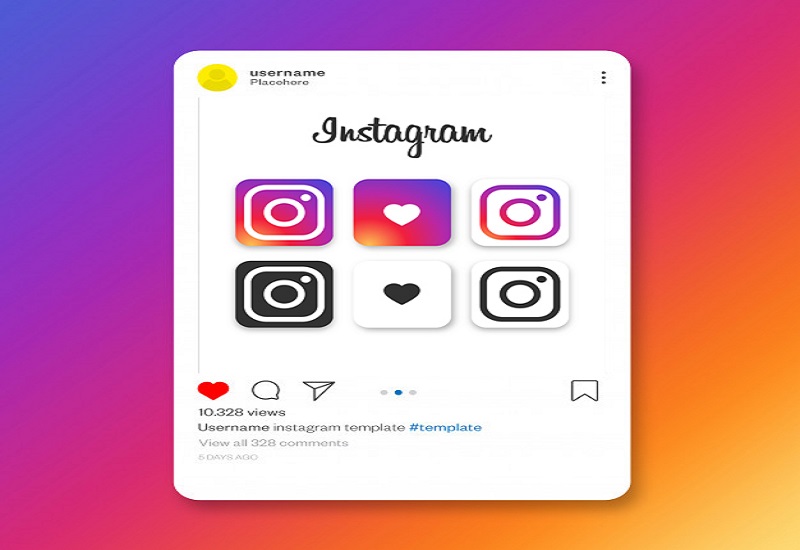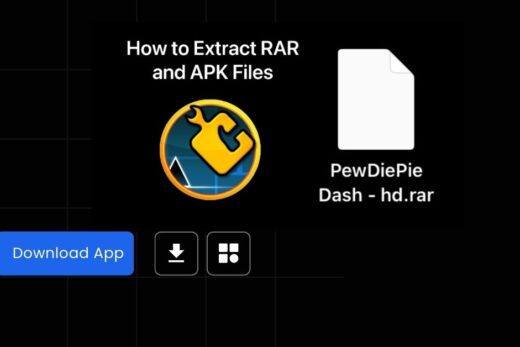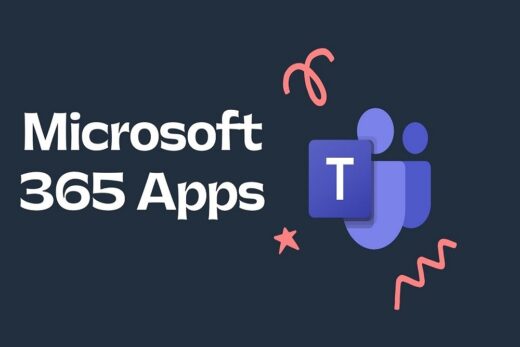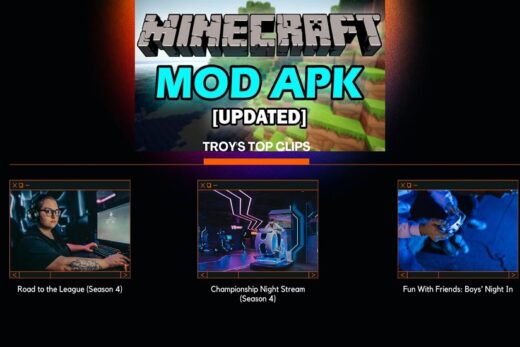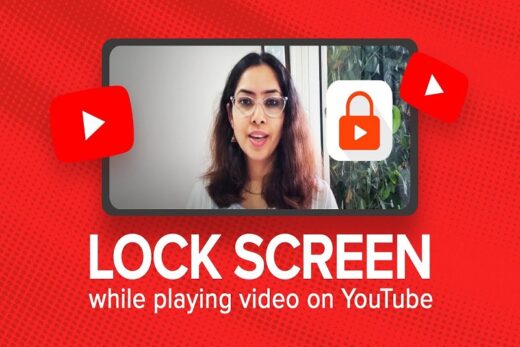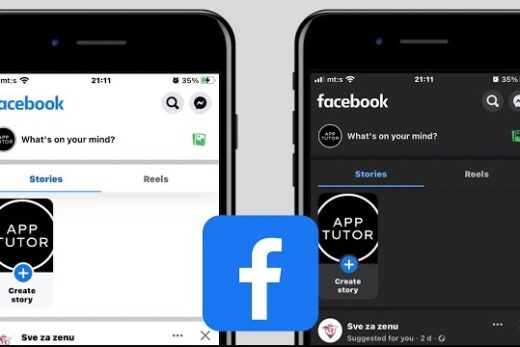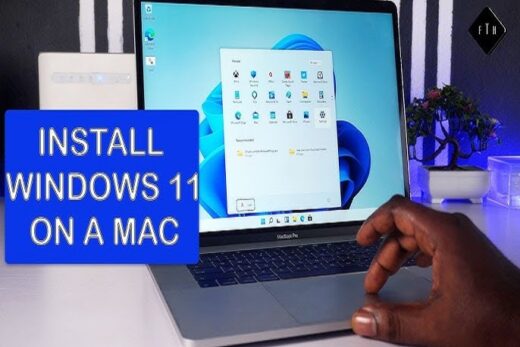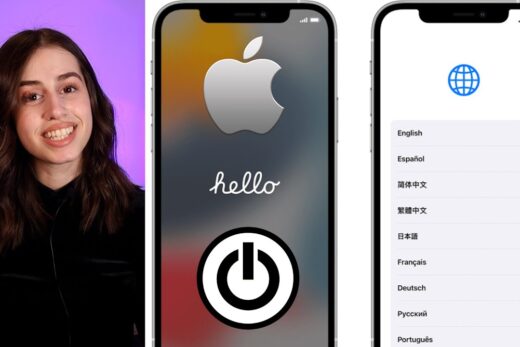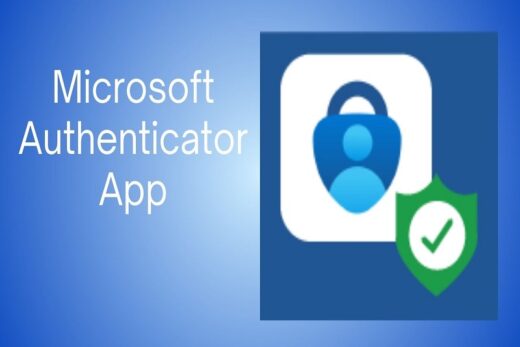Accessibility and professional connections with peers and professors are not the only exciting thing, but also work when it comes to networking and the mental wellbeing of students. The convenience and flexibility of the online learning environment allow learners to develop a new skill-set regardless of their location. Despite all the benefits, online learning can sometimes be boring for students and faculty. Student community involves more interaction between you and your students and among the students themselves. It is often difficult for instructors to eliminate potential distractions, occurring in a home environment. Keeping students engaged, motivated, and interested in their lessons is a tedious task for facilitators. There are many ways to increase learners’ engagement in professional online training courses and keep them interested in courses.
Technology makes it a little easier but make sure you can teach your online lessons from somewhere with a reliable internet connection.
Amidst all the uncertainty due to the pandemic, teachers and students have no other option to focus on the online learning environment.
Undeniably there is a dire need to understand the difficulty in adapting to this whole new online classroom setting, but here listing a few points definitely provides you leverage to conduct online classes in an easier and better way. There are a plethora of tips and tricks to help you make learning sessions engaging and satisfactory.
These listed strategies can make virtual learning more interactive.
1.Integrate real-time interaction
A synchronization during online courses often results in limited interaction between you and your students. Due to the lack of real-time connection during video lectures, lag in response time kills the momentum of a back-and-forth discussion that often leads to confusion. Integrating real-time interaction into your course can help you clarify ideas, and spark new insights. Facilitate the interactions by setting up opportunities for class members to meet online synchronously. Online video conferencing can help you create a variety of synchronous interaction opportunities, such as office hours, small group discussions,
2. Videos and Images
Visual learning makes learners comfortable and better at retaining information when videos and pictures are involved. Additionally, improving the levels of interaction also tend to be more open to discussion when during an interactive session. Open-ended discussions foster richer dialogue and require students to interpret a concept from a variety of perspectives.Facilitators can include or create click-on quizzes, games, and other learning tools to help students explore the topics from different angles and retain information.
3. Maximize engagement with non-task interaction
Chat and web conferencing are social media tools that, when it comes to non-task interactions, help to create a supportive learning community. Facilitators can leverage the social networking capabilities available in many learning management systems and support special interest groups or study groups.
4. Include Storytelling:
Scenario and story-based learning can accelerate the teaching process as the story simulates the learning experience. Story-based learning is more engaging and offers excellent student retention and memory. Well-told stories are easier to understand and remember accurately, compared to learning based on facts and figures. Storytelling enhances open-dialogue discussion and conversation in the classroom, increases interactivity and excitement in the Virtual Classroom.
5. Live Constructive Feedback
Introducing a new social element can engage students right away. As students can provide instant meaningful feedback, and influence the direction of the lesson. Random Q&A sessions during live online classes help to bridge the knowledge gaps. Instructors can ask questions and can engage learners in the comment section. Live interactive sessions bring a whole new dimension in increasing the value of online courses for students. Live classes offer an opportunity to practice in front of each other and get feedback in real-time, contributing to an increased student engagement. Feedback is an important and essential element of effective learning.
If you want to increase and enhance student engagement and interaction, your class should be interactive. External social networking tools, such as Facebook, Telegram, and WhatsApp connect students in real-time through preprogrammed communication and involve introductory videos, content presentation.
Conclusion
Technological advancement is responsible for giving birth to new learning methods, trying new techniques, and thinking outside the box.
Skill development helps employees to get motivated, engaged, and inspired, harnessing new technologies, and improving at a faster rate than they could ever think. With readily available technology, it is not an easy task to build an immersive and highly interactive online learning program, you need to be technically proficient for that.

